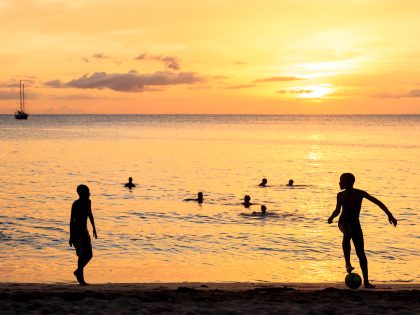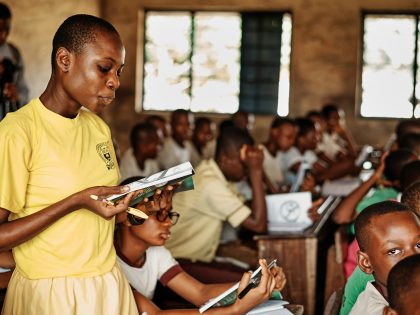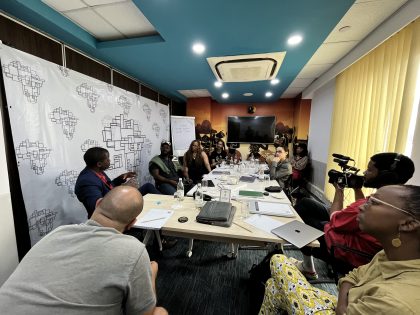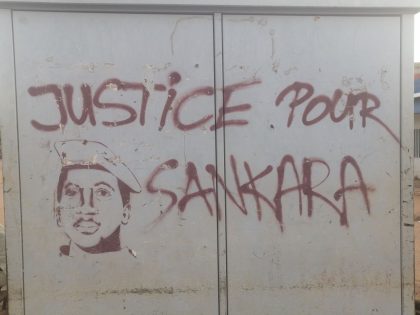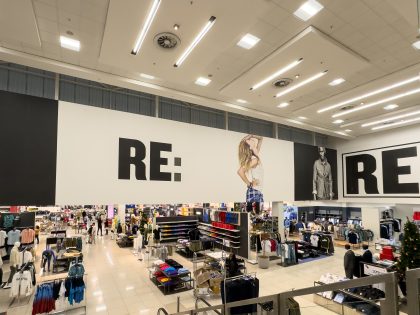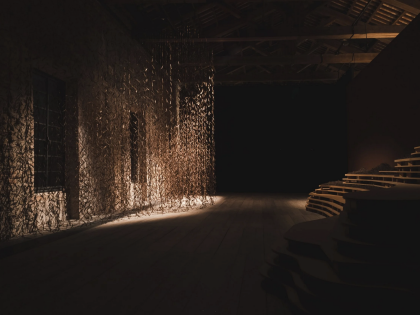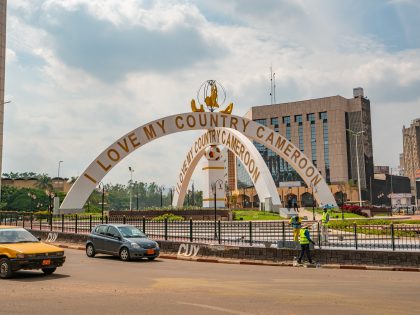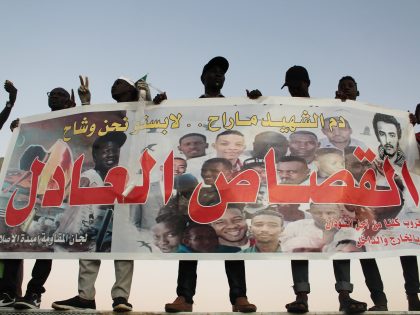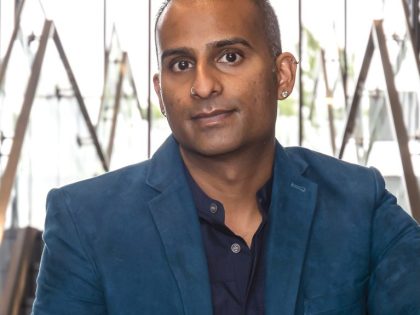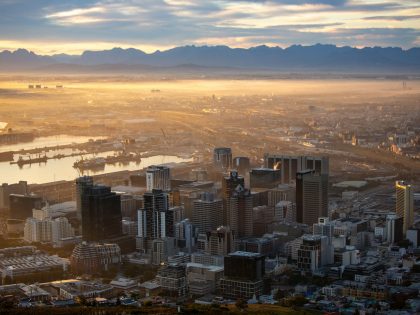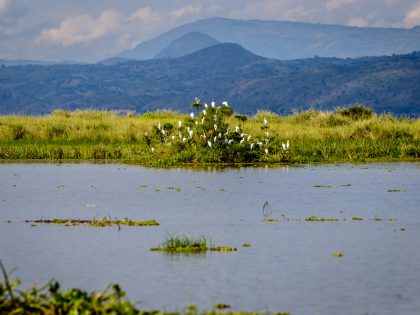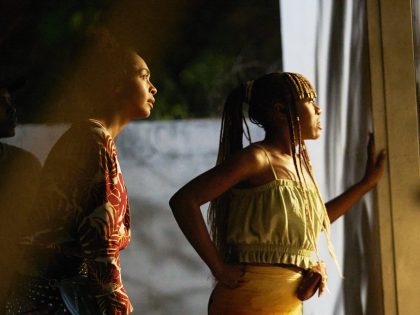Our Eleven Minute Film about Fees Must Fall
"Shutting Down the Rainbow Nation" lets mostly women students, mostly from Rhodes University in the Eastern Cape, articulate for themselves what is going on in this moment.

A still from the documentary, "Shutting Down the Rainbow Nation," directed by Leila Dougan for Africa Is a Country.
You could hardly catch your breath last week with the #FeesMustFall protests in South Africa. For a while, after #RhodesFell, we feared that identity politics would swallow and spit out the loose agglomeration that was that movement (there is no national coordinating body; instead it has been led by a mix of campus organizations and the local or youth affiliations of nationalist or leftist parties). But the ability of students to find and develop “a theory to suit their times, capable of holding the contradictions of ‘born-free’ life, just as their parents practiced their theory of opposition to the realities of their lives” astonishes every day. Last Friday, South Africa’s President Jacob Zuma announced that there will be no fee increases for the next academic year, starting in January 2016. This was of course some kind of victory, but not all that students are asking. President Zuma’s announcement was silent about free education or the problem of outsourcing at universities. Neither did he address police brutality or the charges against students who were arrested. The students were not appeased.
Just read, for example, the Facebook post by Wits University SRC President Shaeera Kalla. She was quick to reassert the demand for free education and to link the struggles over fees to larger struggles over university governance and outsourcing: “Comrades we have neglected our mothers and fathers being abused at the hands of outsourced companies on our watch on our campus under our gaze. Every single day Mam Deliwe, Mam Zodwa, and Comrade Matthews and many others stood firmly with us against fee increases, what do we do for them?” We don’t know where these protests are going or whether #FeesMustFall has the potential to grow into a national movement beyond university campuses, That all depends on whether #FeesMustFall manages ideological and identarian politics, and, more importantly draws in other energies, organizations or groups outside universities into the struggle. What is clear, though, is that every time the government responds, the protesters up the ante. The young ones have been born.
In this eleven minute film, edited by Leila Dougan of our film unit, we’ve culled together images from the protests (the full list of credits come at the end of the film). Much of the coverage has focused on Johannesburg and Cape Town at the expense of provincial and “historical black universities.” This film lets students from Rhodes University, mostly women, articulate for themselves what is going on in this moment.
Watch here.


